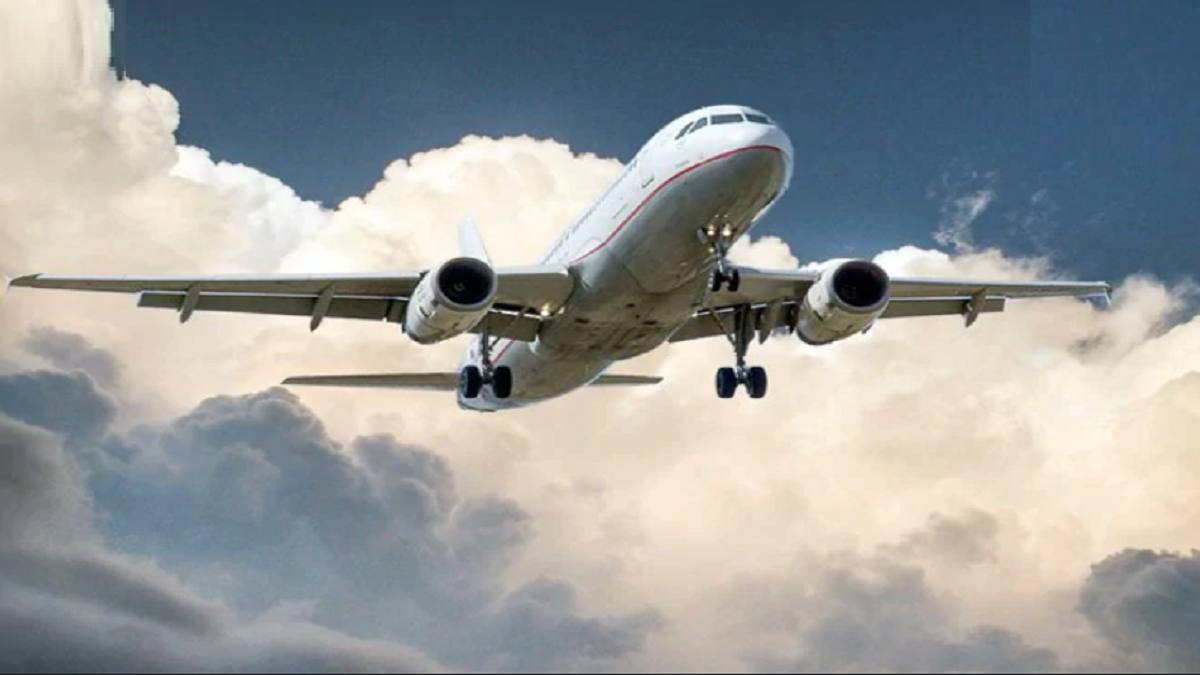


The Director-General of Civil Aviation (DGCA) on Thursday extended the suspension of scheduled international commercial passenger flights till 31 January 2022, even as the World Health Organization’s (WHO) vaccine advisory panel recommended that people who are immune-compromised or received an inactivated vaccine should receive a booster dose of a Covid-19 shot, the WHO said on Thursday.
The DGCA notice read: “In partial modification of circular dated 26-11-2021, the competent authority has decided to extend the suspension of scheduled international commercial passenger services to/from India till 2359 hrs IST of January 31, 2022. This restriction shall not apply to international all-cargo operations and flights specifically approved by DGCA.” Scheduled international passenger services have been suspended in India since 23 March 2020, due to the Covid-19 pandemic. But special international flights have been operating under the Vande Bharat Mission since May 2020 and under bilateral “air bubble” arrangements with selected countries since July 2020. India has formed air bubble pacts with approximately 28 countries, including the US, the UK, the UAE, Kenya, Bhutan and France. Under an air bubble pact between two countries, special international flights can be operated by their airlines between their territories.
Many countries have been rolling out booster shots, targeting the elderly and people with underlying health issues, but worries about the new Omicron variant have prompted some to expand their use to larger portions of their populations. With vaccination rates worryingly low in much of the developing world, the WHO has said in recent months that administering primary doses—rather than boosters—should be a priority.
The recommendation comes after the Strategic Advisory Group of Experts (SAGE) on immunisation held a meeting on Tuesday to evaluate the need for Covid-19 boosters. Speaking in a briefing, SAGE chair Alejandro Cravioto said emerging data showed that vaccines’ efficacy against Covid-19 wanes, with a significant decline seen in older people in particular. Covid-19 vaccines protect “very well” through six months after the last dose with some “minor, modest reduction” in protection, Kate O’Brien, director of the WHO’s immunisation department, said, Reuters reported.
Inactivated vaccines which take the SARS-CoV-2 virus and inactivate or kill it using chemicals, heat or radiation, are made by Chinese manufacturers Sinovac Biotech, state-owned Sinopharm and India’s Bharat Biotech. A single dose of the Johnson & Johnson vaccine is still effective, but data from the company’s clinical trials using two doses clearly show the benefit of having further vaccination, Cravioto said.
Meanwhile, India has removed Singapore from its list of “at-risk” nations, travellers from where need to follow additional measures on arrival including post-arrival testing. The current list of “at-risk” countries includes countries in Europe including the United Kingdom, South Africa, Brazil, Botswana, China, Ghana, Mauritius, New Zealand, Zimbabwe, Tanzania, Hong Kong and Israel. This development comes as Omicron has been reported in 57 countries, and World Health Organization (WHO) expects the number to continue growing.
Taking cognizance of the emergence of highly mutant Covid-19 variant B.1.1529 or Omicron cases, India added several countries to the list from where travellers would need to follow additional measures on arrival in the country, including post-arrival testing for infection.
A report from Thane said a 33-year-old South Africa returnee, who was infected with Omicron four days ago, tested negative for Covid-19 on Thursday. Vijay Suryavanshi, Kalyan Dombivli Municipal Corporation Commissioner, said, “The first positive case of Omicron variant of coronavirus in Maharashtra, the 33-year-old mechanical engineer, has tested negative for Covid-19.” The Municipal Commissioner said that he has been discharged from the hospital and advised to remain home quarantine for seven days. The man was tested positive for Omicron variant, said the State Health Department on Saturday. It was the first case of Omicron in Maharashtra and the fourth in the country. The man’s sample was taken in Delhi which was genome sequenced at the National Institute of Virology (NIV), Pune. The 33-year-old passenger arrived in Mumbai on 24 November from Capetown, South Africa through Dubai and Delhi.